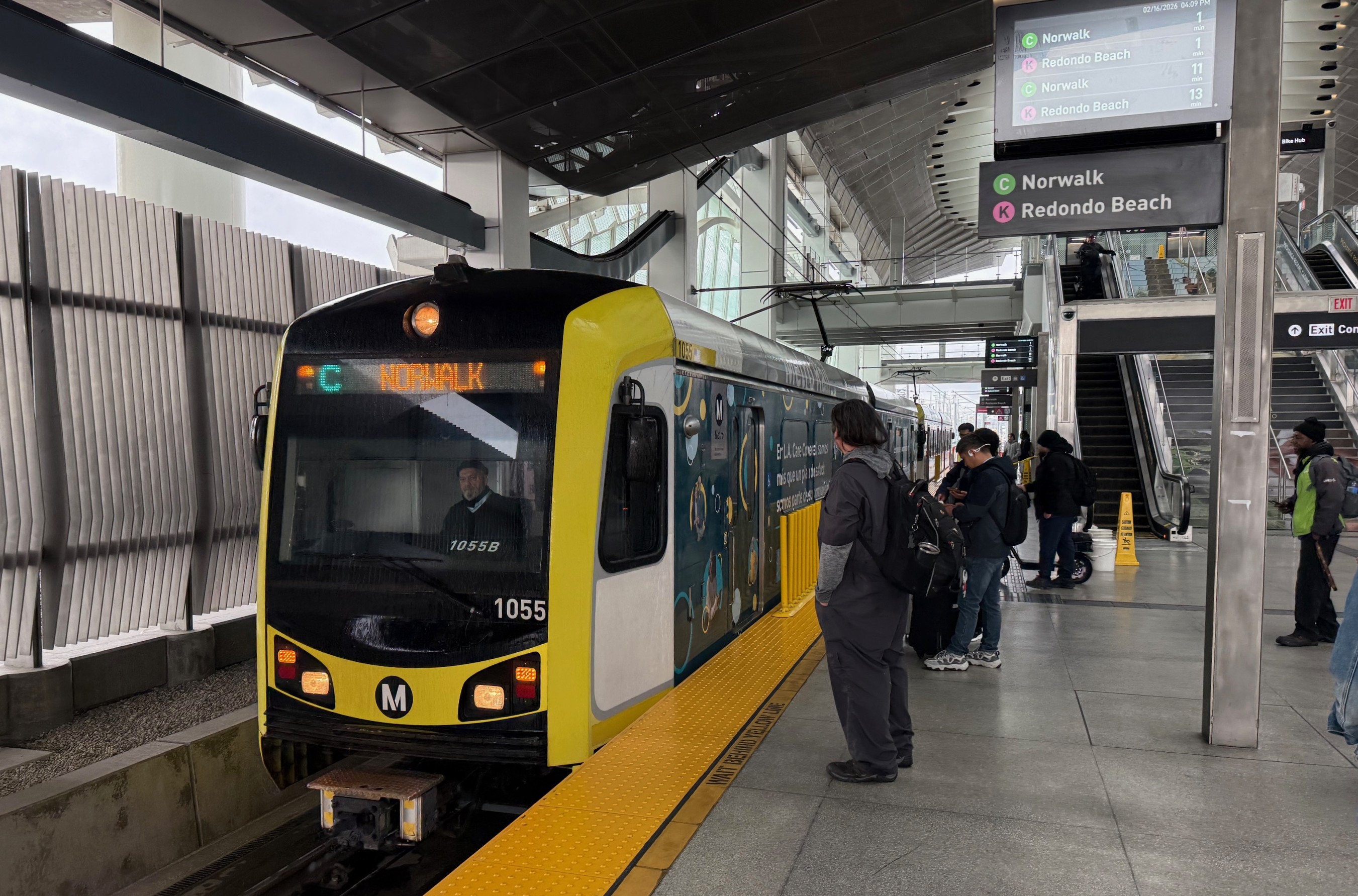The Senate has left town for their traditional late-May nine-day weekend, while the House has just returned from their own week off. Amid these comings and goings, work continues on the transportation bill, which has been concealed inside the conference committee's secret underground lair since the beginning of May.
Last week, we reported that several freshman GOP members of the House had been attending conference meetings held primarily by staffers, creating an unexpected chilling effect during negotiations. We also reported that a number of House members have renewed efforts to take Transportation Enhancements, the most important source of federal funds for bicycle and pedestrian infrastructure, out of the transportation bill entirely.
Now that the House has reconvened, has anything changed? From what we hear, not much.
According to more than one advocate, a few members have had it out for TE since long before the conference process started, and one source says it's unclear whether members understand the Cardin-Cochran compromise passed by the full Senate in March. The Cardin-Cochran amendment enables local transportation agencies to directly access funding for bike and pedestrian infrastructure, and advocates are now urging supporters to mobilize in its defense.
As a refresher, TE -- along with the Safe Routes to School and Recreational Trails programs -- was folded into a new program called Additional Activities in the original draft of the Senate bill last fall, which included plenty of loopholes to allow states to simply not spend money on bike-ped projects. The Cardin-Cochran amendment gives local governments more of a say in what projects receive money from AA, devolving those decisions to officials at the municipal and regional level who tend to better appreciate the value of safer streets than state DOTs.
There has been next to no indication of where House leaders like John Boehner or Eric Cantor stand on Cardin-Cochran. Now that the House has reconvened, members can once again propose and vote on instructions to the conferees, and while several such non-binding motions have already passed, none have addressed bike-ped funding. It's unlikely Congress would move to instruct conferees to support Cardin-Cochran, according to one advocate, but if a motion were made to strike it, the feeling is that it could be defeated.
So far, though, multiple sources say both sides are still simply toiling away on the immense bill, educating themselves and each other about specific language. That means that no other sources of contention -- environmental review, coal ash regulations, the Keystone XL pipeline -- have been tackled yet.
They'll have to be addressed soon if Congress has any hope of passing a new bill by June 30, which is when the current stopgap measure expires. Our advocate source sees another stopgap, one that would extend current transportation law to the start of the August recess (and which would be the tenth such extension since the bill first expired in 2009), as a near certainty. Due to Congress's scheduled off-days, a new bill would have to be finished by June 8 in order to give each chamber time to vote on it.







